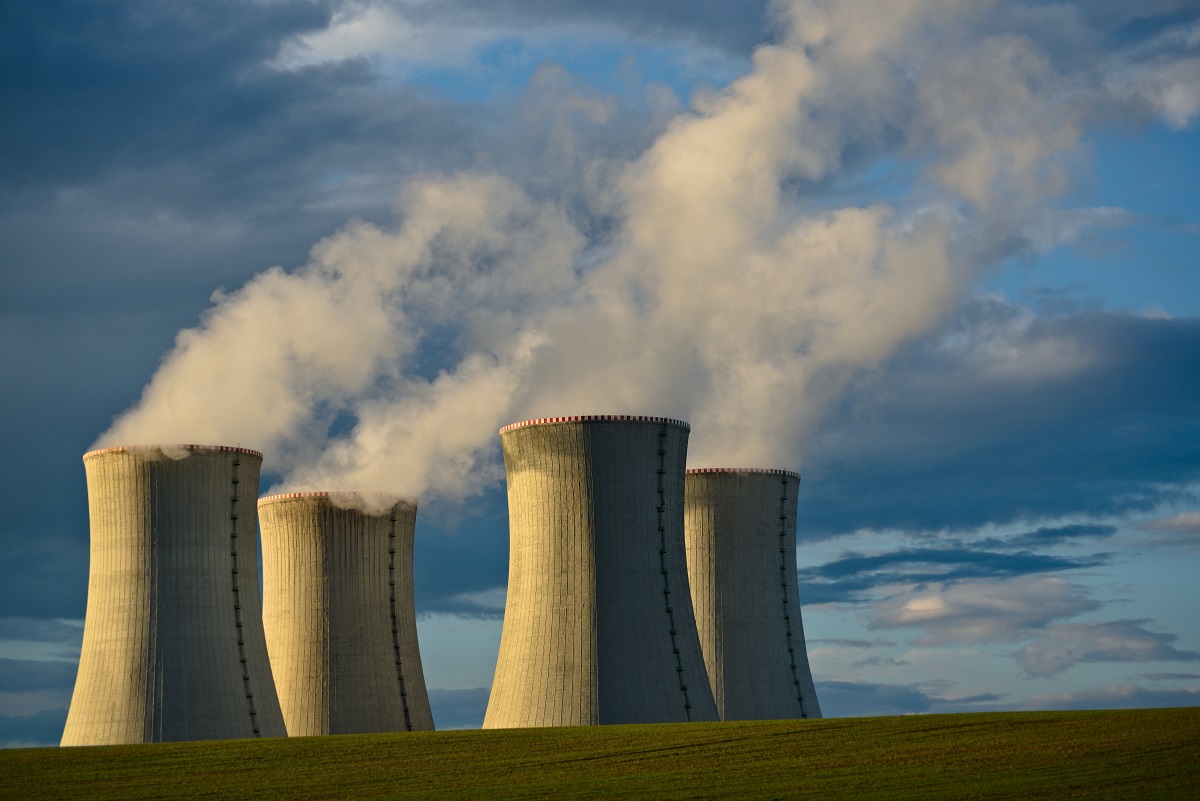Prior to the Fukushima accident, nuclear power accounted for about 30% of Japan’s energy mix, but it has subsequently fallen to only 6.2 percent. Japan is aiming to revitalize its nuclear sector, seeing it as a critical component of its net-zero goals. Japan is the world’s second-largest LNG importer, and if it does not lessen its reliance on LNG imports, it would suffer increased energy insecurity.
Overall, nuclear power is unlikely to contribute to 20% of Japan’s energy mix by 2030, as the government expects, according to oilprice.com. In fact, it is not an exaggeration to say that if current trends continue, Japan’s nuclear infrastructure would deteriorate dramatically. A similar outcome would jeopardize not only Japan’s climate aspirations but also its national security.
As a resource-poor country, nuclear power is a stable source of energy that decreases Japan’s reliance on foreign imports; energy independence serves to protect freedom of action and lessen the impact of external shocks.
Recent tensions between Russia and Ukraine highlight the hazards associated with Japan’s reliance on LNG imports. Concerns that Russia may shut off its supply of gas to Europe if a conflict erupted prompted US President Joe Biden to suggest that Japan transfer part of its imported LNG to Europe, thereby jeopardizing Japan’s capacity to respond to rapid domestic gas demand. A European conflict would drive up petrol costs even further, putting pressure on Japanese budgets.
Japan’s reliance on LNG also jeopardizes other sectors of the economy, since price increases induced by events such as unexpected cold periods (as occurred in early 2021) strain the budgets of both households and businesses. If Japan does not reduce its reliance on LNG imports, it will certainly confront increased levels of energy insecurity as LNG demand continues to rise globally and climate change causes more unexpected temperature fluctuations. The collapse of Japan’s nuclear sector would imperil decades of study and experience.
With countries such as China investing more in cutting-edge nuclear technology, abandoning nuclear energy would put Japan at a competitive disadvantage and result in the loss of talented personnel. Though the Fukushima tragedy highlighted severe deficiencies in Japan’s nuclear energy sector, the commendable effort has been made in the previous decade to correct those problems; ignoring nuclear power now is likely to cost Japan dearly in the future.

